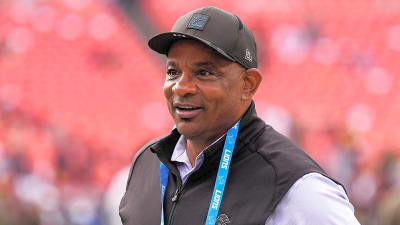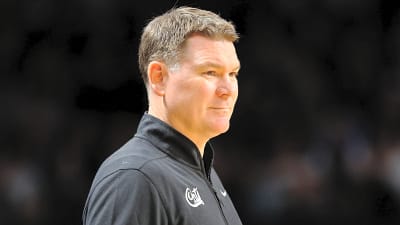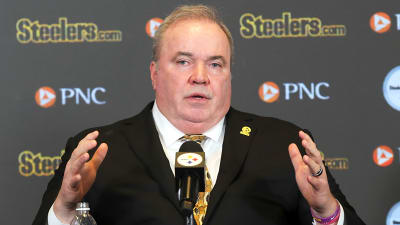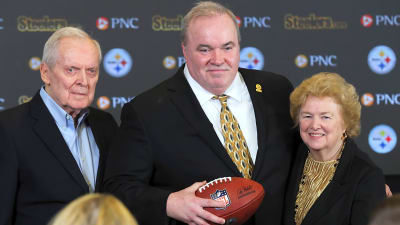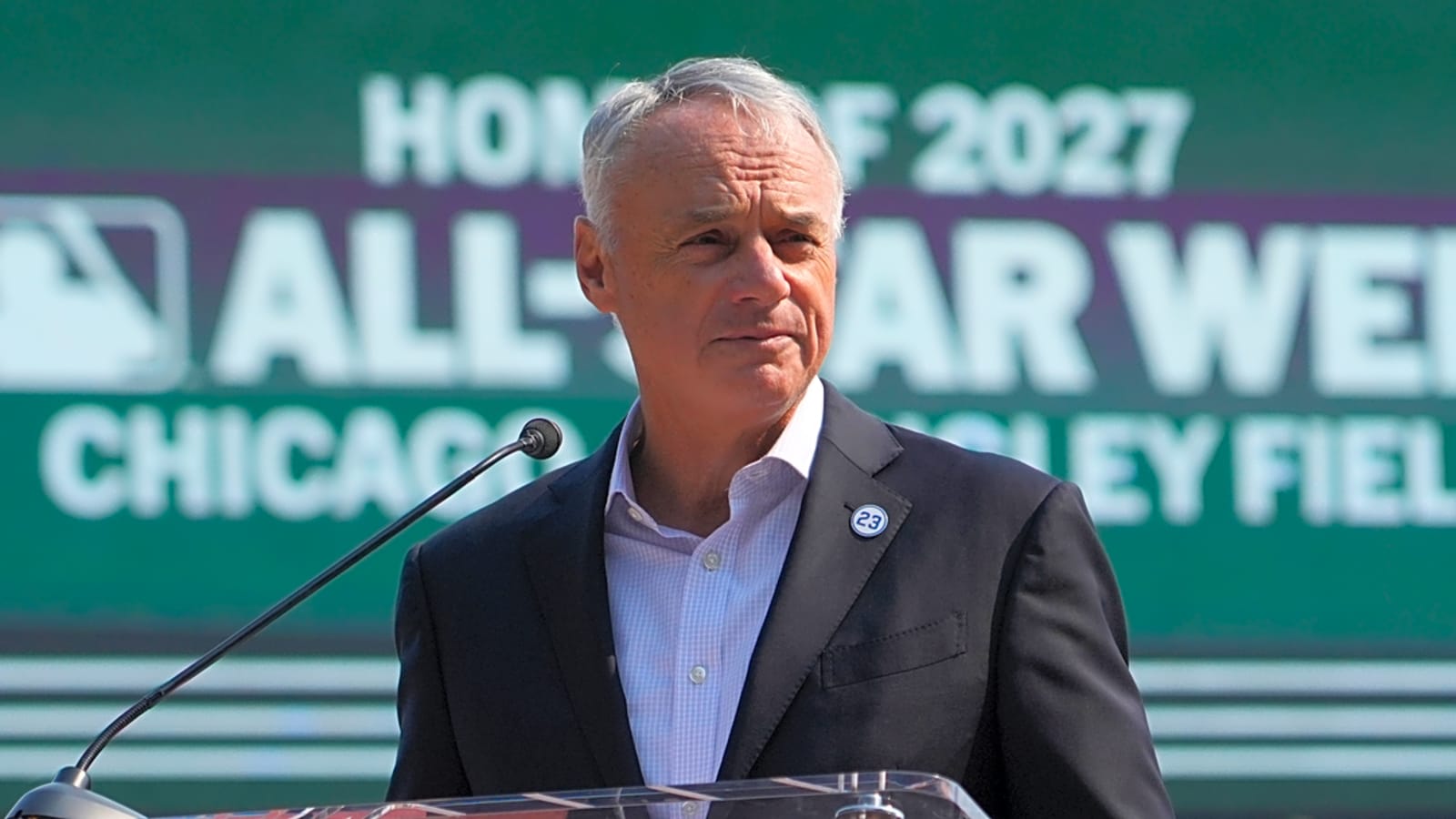
Back in February, Major League Baseball and ESPN opted out of the final three years of their contract together. That deal is still in place through 2025, with ESPN carrying this year’s rights to "Sunday Night Baseball," the Home Run Derby and the wild-card round of the playoffs, but the rights for those events are up for grabs for the 2026-28 seasons. In May, it was reported that NBC had made an offer on that package.
Now it appears that the package may be split up and sold in separate parts, per Andrew Marchand of The Athletic. Nothing is finalized yet, but Marchand reports that the league is in negotiations with several different broadcasters about the pieces that ESPN is currently carrying. He says that NBC/Peacock and Apple TV+ are the front-runners for "Sunday Night Baseball" and the playoff games, while Netflix seems likely to get the Derby. ESPN, meanwhile, could stay in the baseball broadcast business by picking up some weekday games. Marchand adds that ESPN has interest in MLB.TV but doesn’t indicate if that interest is reciprocal. John Ourand of Puck also reports that Netflix is hoping to acquire the Japanese rights for the 2026 World Baseball Classic.
Breaking up broadcast rights into pieces is nothing new for the league. It has had deals with many broadcasters over the years and currently have deals in place with ESPN, Fox, ABC, TBS, Apple and Roku. Peacock/NBC had the rights to the early Sunday game not too long ago, before Roku took over that slot.
MLB was set to receive about $550M annually from the ESPN deal. ESPN was looking to renegotiate, pointing out that Apple is only playing $85M for its Friday night rights, while Roku is only forking over $10M annually. The ESPN package has more appeal. Like Apple and Roku, they get one game per week, but there’s only one game on Sunday nights, while Apple/Roku have competition from the other contests. The Derby and the playoff games obviously make the package more valuable. Still, ESPN didn’t feel the price gap was appropriate. Per the May reporting linked above, ESPN was willing to pay about $200M per year but not more.
MLB evidently felt it could beat that $200M and perhaps may do so by splitting up the package into pieces. Time will tell if they can succeed. As mentioned, these deals are still being negotiated, and Marchand doesn’t provide any specifics about the numbers being discussed.
One thing that has been consistent in stories about broadcast deals is that MLB doesn’t want to sign anything beyond 2028. Multiple reports have indicated that the league’s various broadcast deals expire after the 2028 season. As various clubs saw their regional deals collapse with Diamond Sports Group, now known as Main Street Sports, some re-signed but always on short-term deals. It seems the league hopes to be able to market a very large package, or packages, of broadcast components to various companies for the 2029 season and beyond. Marchand reports that the current negotiations are consistent with that approach, with nothing beyond 2028 being discussed.
There are many moving parts, and it’s a notable situation to monitor going forward. Broadcast revenue is naturally a huge part of the game’s economic landscape and there could be many twists and turns in the coming years. The baseball world is expecting a lockout in the 2026-27 offseason, once the current collective bargaining agreement expires. Many believe that commissioner Rob Manfred and the owners would like to push the MLB Players Association to get a salary cap. A staredown between the league and the union could lead to canceled games in 2027.
Manfred and the owners would have to balance their desire for that cap against their leverage in these deals. MLB has seen an uptick in popularity lately, including increased viewership ratings, often attributed to pace-of-play rule changes such as the pitch clock. Having that momentum would help the league in negotiations with broadcasters, but a lengthy work stoppage and missed games would almost certainly hurt baseball’s popularity and cut into the league’s leverage in broadcast negotiations.
More must-reads:
- Which 20 players have hit four home runs in an MLB game?
- Luis Arraez could find a home for 2026 soon
- The 'MLB active doubles leaders' quiz
Breaking News
Trending News
Customize Your Newsletter
 +
+
Get the latest news and rumors, customized to your favorite sports and teams. Emailed daily. Always free!

